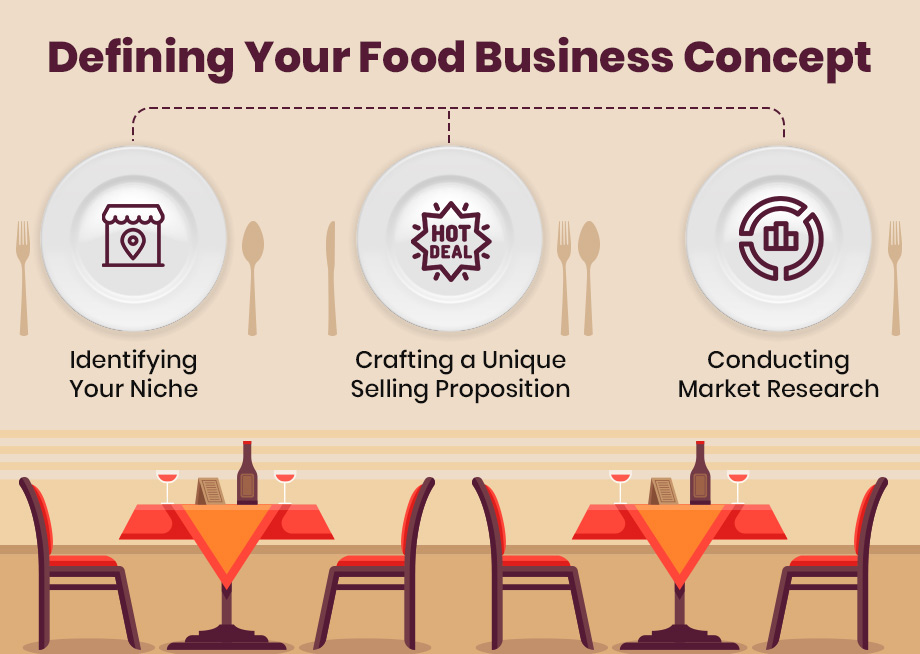Discover the top-secret restaurant management systems revolutionizing the dining experience – be prepared to be amazed!
 Image courtesy of Antoni Shkraba via Pexels
Image courtesy of Antoni Shkraba via Pexels
Table of Contents
In today’s fast-paced digital world, technology has revolutionized nearly every industry, and the restaurant industry is no exception. Restaurant management systems have become indispensable tools for streamlining operations, enhancing customer experiences, and boosting overall profitability. In this curated blog post, we will explore the future of dining and delve into the numerous benefits that embracing restaurant management systems can bring to both restaurateurs and patrons alike.
The Evolution of Restaurant Management Systems
Traditional restaurant management practices relied heavily on manual processes and labor-intensive tasks. However, the introduction of software-based restaurant management systems changed the game. These systems digitized key operational areas such as order taking, inventory management, and staff scheduling, leading to increased efficiency and productivity in the industry.
Stay Ahead of the Culinary Curve: Embrace the Future
Today, restaurant management systems have evolved further, with a shift towards cloud-based and mobile-friendly solutions. Cloud-based systems offer numerous advantages, such as real-time data accessibility from any device with an internet connection and automatic backups, ensuring data security and business continuity.
Enhanced Operational Efficiency
One significant advantage of restaurant management systems is the ability to streamline the ordering process and inventory management. These systems provide a centralized platform for managing orders, ensuring accurate communication between the kitchen and waitstaff. Real-time inventory tracking prevents stockouts and helps optimize purchasing decisions. Additionally, automated purchase orders and vendor management streamline operations, saving time and reducing the chances of errors.
Efficient Staff Scheduling and HR Management
Scheduling staff efficiently is key to smooth restaurant operations. Restaurant management systems automate the scheduling process, taking into account factors such as demand, employee availability, and labor budgets. This eliminates the need for manual scheduling, reduces conflicts, and ensures optimal staffing levels. Moreover, these systems assist in tracking employee performance and attendance, simplifying payroll and HR processes.
Improved Customer Experiences
Restaurant management systems offer robust online reservation features, allowing customers to effortlessly book tables in advance. Intuitive reservation systems accessible through websites and mobile apps make it convenient for patrons to secure their desired dining experience. Customizable search filters enable customers to find specific seating arrangements, like outdoor or private dining spaces. Furthermore, automated reminders and waitlist management features enhance the overall customer experience.
 Image courtesy of via Google Images
Image courtesy of via Google Images
Personalized Menu Recommendations and Preferences
By collecting and analyzing customer data, restaurant management systems enable personalized menu recommendations and tailored dining experiences. These systems can take into account factors such as dietary preferences and restrictions, making it easier for customers to find suitable options. Mobile apps integrated with these systems simplify the ordering and payment process, enhancing convenience for patrons.
Data-Driven Decision Making
Restaurant management systems provide real-time sales and performance dashboards, which empower restaurateurs to make data-driven decisions. Analyzing these metrics helps identify popular dishes, peak demand periods, and customer trends. Armed with this information, restaurant owners can optimize pricing strategies, conduct menu engineering, and develop targeted marketing campaigns to maximize profits and customer satisfaction.
Seamless Integration with Third-Party Services
Restaurant management systems seamlessly integrate with third-party services such as food delivery platforms, enabling efficient order management. By centralizing orders from multiple platforms, restaurants can streamline their delivery operations and ensure a consistent customer experience. Furthermore, through integration with loyalty programs and customer feedback platforms, such systems help restaurants build customer loyalty and improve their offerings based on customer input.
The Future Outlook and Potential Challenges
The future of restaurant management systems holds even more possibilities for innovation and improvement. The rise of artificial intelligence (AI) and machine learning is expected to have a significant impact on the industry. Predictive analytics can optimize inventory and demand planning by forecasting future trends, reducing waste and optimizing resource allocation. Smart recommendation engines can provide personalized dining experiences, suggesting dishes based on customer preferences and past orders.
 Image courtesy of via Google Images
Image courtesy of via Google Images
However, along with the potential benefits, there are challenges that arise with the increased use of restaurant management systems. Security and privacy concerns regarding customer data need to be addressed. Implementing robust data security measures, complying with data protection regulations, and maintaining transparency with customers are crucial to building trust and ensuring data integrity.
Stay Ahead of the Culinary Curve: Embrace the Future
Conclusion
As technology continues to shape the future of dining, embracing restaurant management systems has become imperative for staying competitive in the ever-evolving industry. The benefits of these systems, including enhanced operational efficiency, improved customer experiences, and data-driven decision-making, are too valuable to overlook. Restaurateurs willing to embrace the transformative power of technology will undoubtedly pave the way towards a more profitable and innovative dining landscape.







